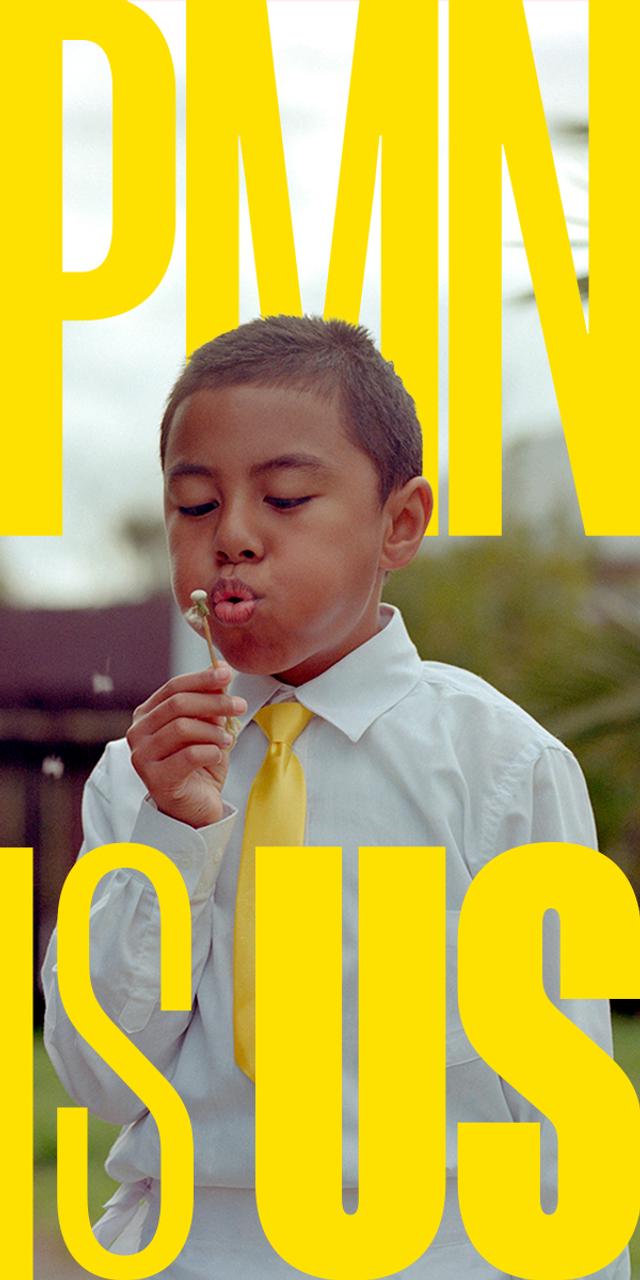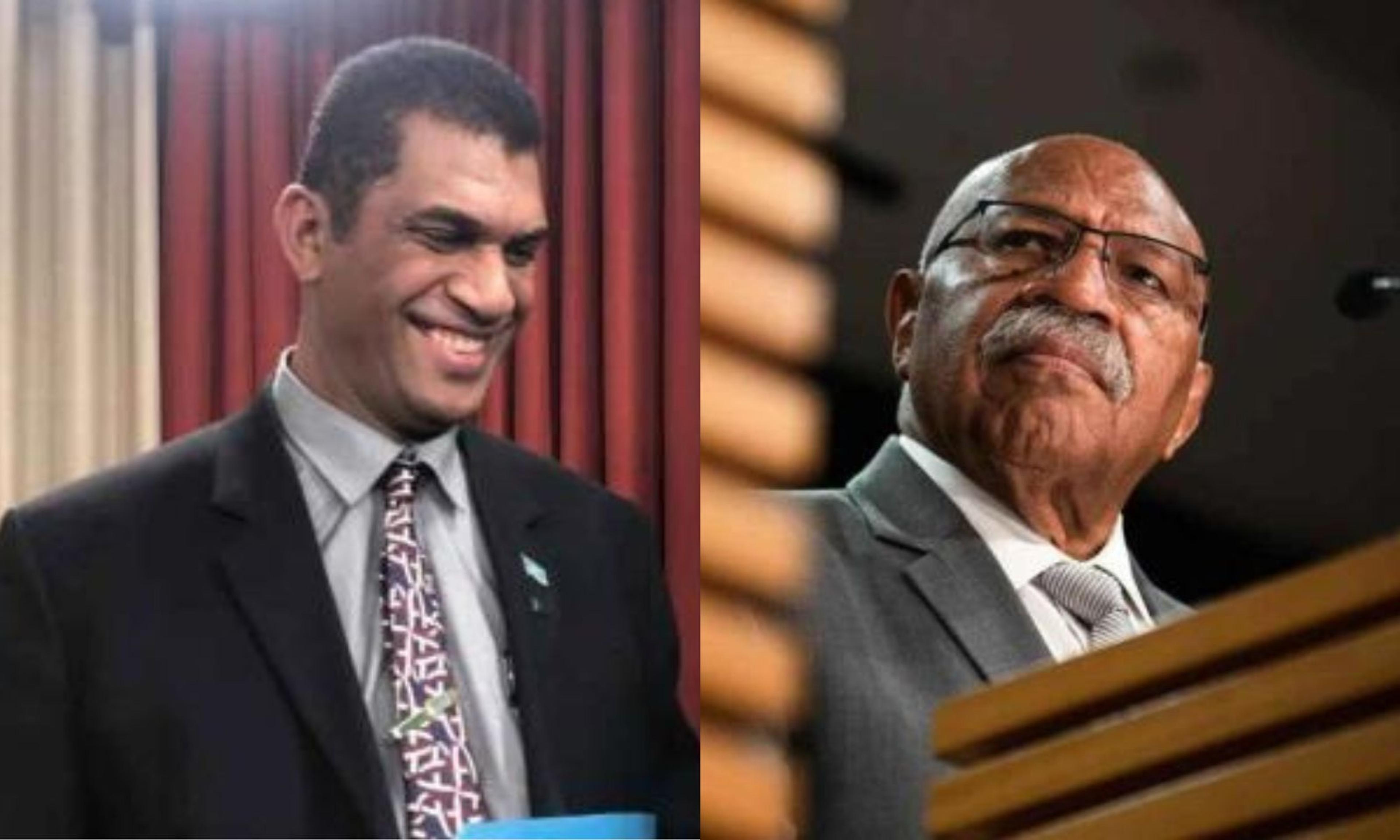
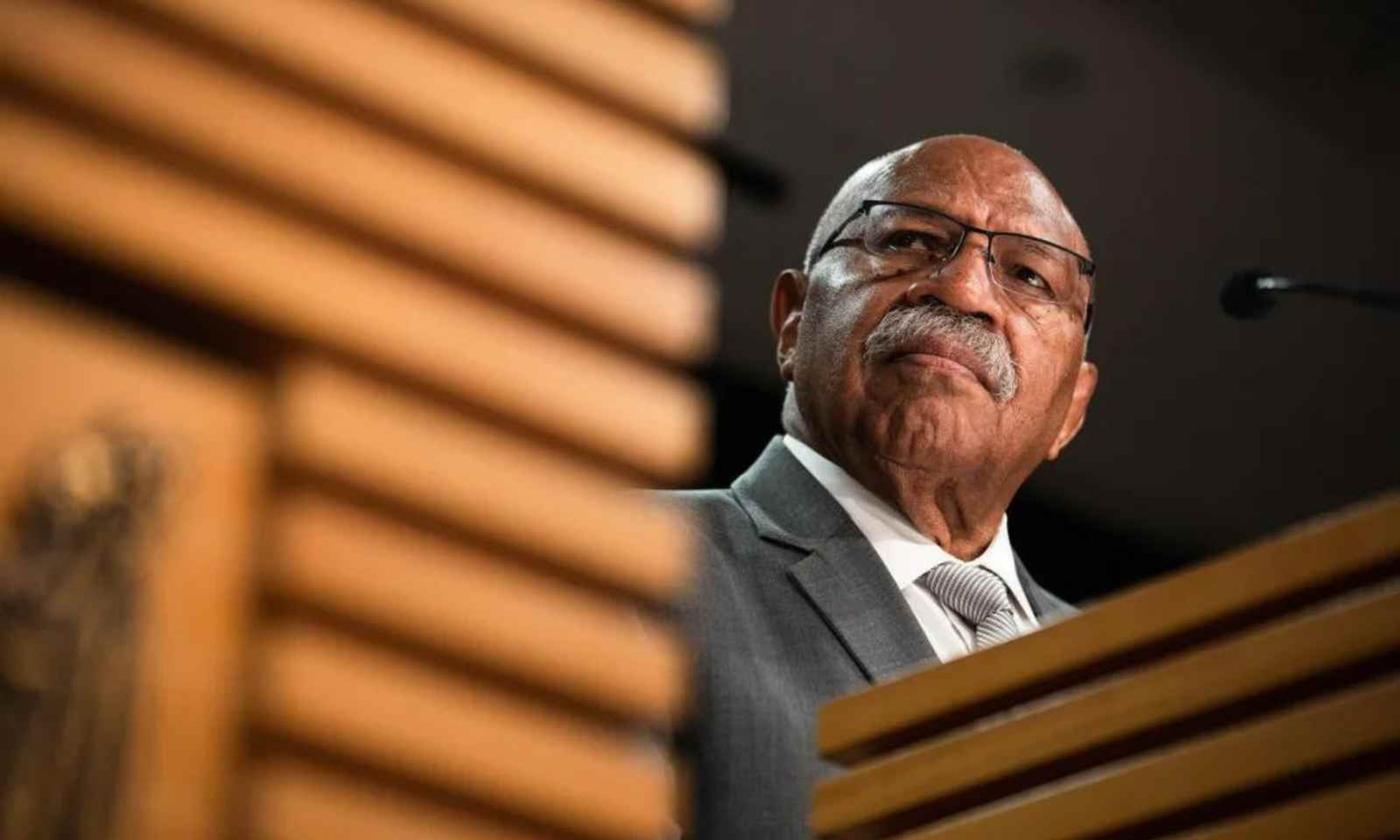
Fjii's Prime Minister Sitiveni Rabuka.
Photo/ RNZ/ Samuel Rillstone
Rabuka 'trying to assert himself' with sacking says political sociologist
Canterbury university's Steven Ratuva says Fiji's latest political crisis does not come as a surprise, given the make-up of the coalition.

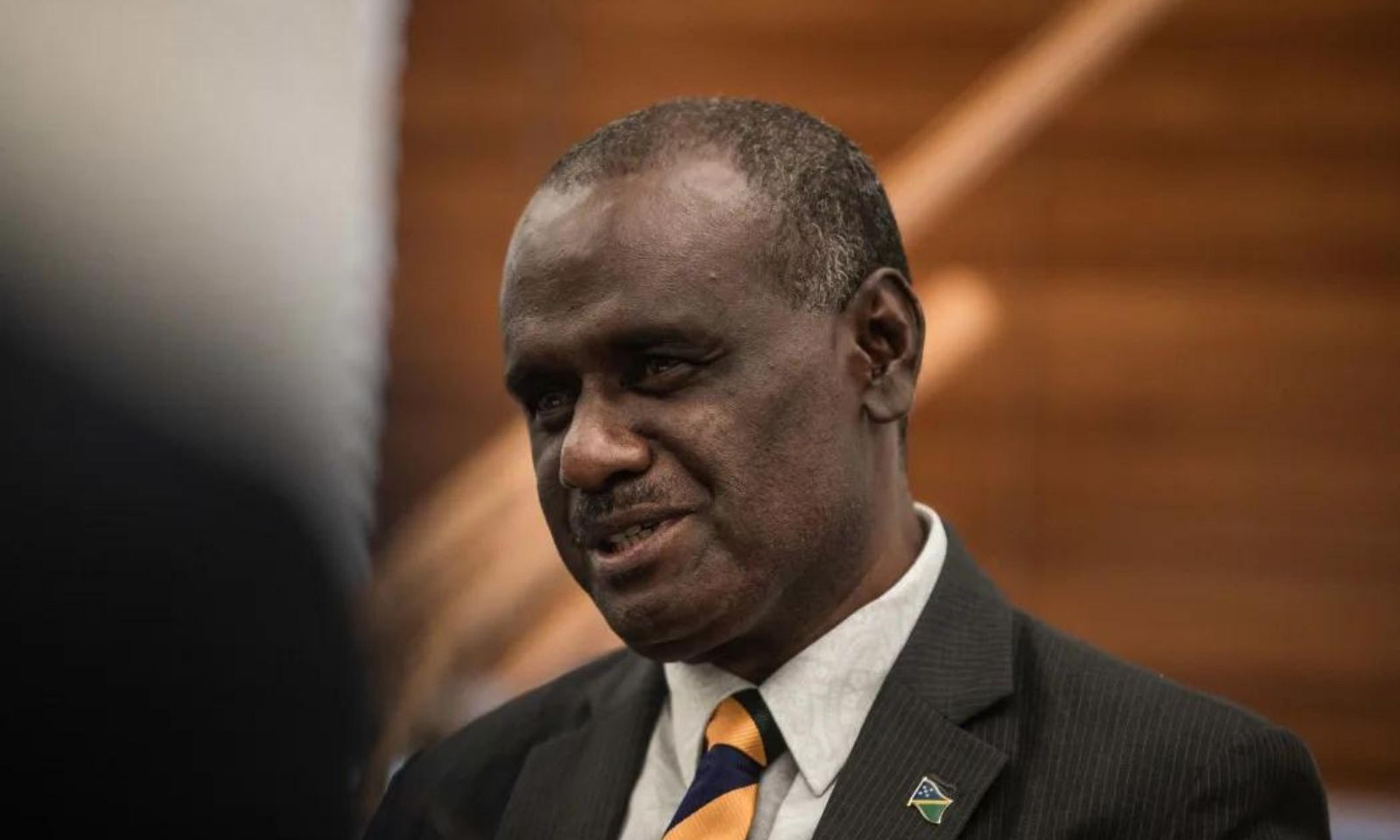
Sogavare bows out of prime ministerial race in Solomon Islands
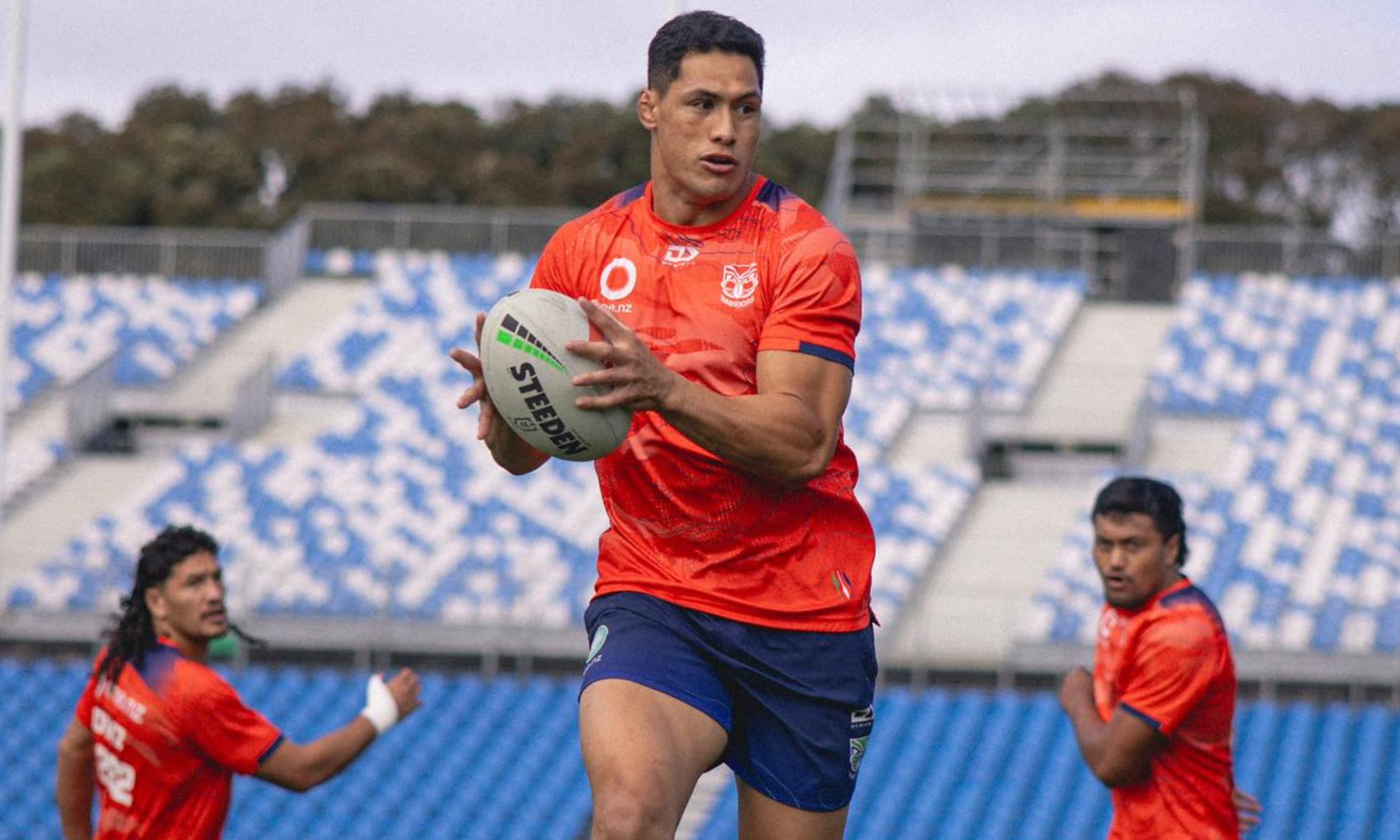

Vasa Fia Collins: Why I had to finish the podcast Fa'anana and I started

Coalition crisis: Was Fiji PM pressured to reinstate sacked cabinet minister?

Sogavare bows out of prime ministerial race in Solomon Islands


Vasa Fia Collins: Why I had to finish the podcast Fa'anana and I started
Fjii's Prime Minister Sitiveni Rabuka sacked former Education Minister Aseri Radrodro to "avoid looking weak", a political sociologist says.
Despite making a traditional apology - "matanigasau" - to Rabuka with hopes of being reinstated as a Cabinet minister, Radrodro's pleas have fallen on deaf ears.
He was dismissed for insubordination and disobedience in relation Fiji National University Council appointments.
On Friday, Sodelpa - the minority party in government - unanimously agreed to write to Rabuka to have him reinstated.
However, Rabuka confirmed on Monday that his former son-in-law, who "nearly killed his daughter" in a domestic violence attack, will serve as a backbencher in the coalition.
"On the vanua side, everything is clean now," Rabuka said on X, formerly Twitter. "On the government side the effect of disobedience and insubordination will have to be borne by the Hon. Former Minister," he added.
Radrodro's sacking on 19 January, along with an alleged sex and drug scandal between him and the Women's Minister Lynda Tabuya, and the anti-corruption commission looking into a complaint for abuse of office against the Sodelpa leader and Deputy Prime Minister Viliame Gavoka has rocked Fijian politics the past two weeks.
Steven Ratuva, who heads the MacMillan Brown Centre for Pacific Studies at New Zealand's Canterbury University says: "The coalition has always had cracks, right from the beginning."
Adding that the prime minister has been trying his best to try and hold the coalition together, but with some challenges.
"Rabuka has been seen as a weak leader and as a military officer. So that probably doesn't sit well and he is trying to do something to assert himself, the same way his reputation as a coup maker, as a tough soldier," he said.
"That's probably the political psychology of where his decision comes from."
Rabuka was unlikely to "bow down to any attempt to reinstate Radrodro," Ratuva said, adding it could "potentially be destabilising in the long run".
'Sex scandals can be career ending'
Commenting on the allegation against Radrodro and Tabuya, Ratuva said "public sex scandals by politicians can be career ending because it is in the public interest."
Both Tabuya and Radrodro have now denied the allegations of a romantic or extramarital affair during an official visit to Australia last year.
Ratuva is not surprised the pair have denied the allegations, considering the potential ramifications.
"Naturally, the two will defend their position because it is going to be very costly for them politically in terms of reputation and moral high ground they are occupying as leaders of the community."
Founded on faith
Ratuva said political leaders played a crucial role in the country as "role models" who set a cultural, moral and religious standard.
"Politicians are setting the tone in terms of how they behave. People in the community still have a moral view of the world which has to be respected," he said.
He said there are "levels of contradictions" considering Rabuka and leaders of the Sodelpa are evangelical Christians.
"Connections are being made for people," he said.
"People are calling for Radrodro and Tabuya to go. A lot of people in this country are talking about it. All the energy is being focused on the crisis which is at hand."
This article was first published on RNZ Pacific.
